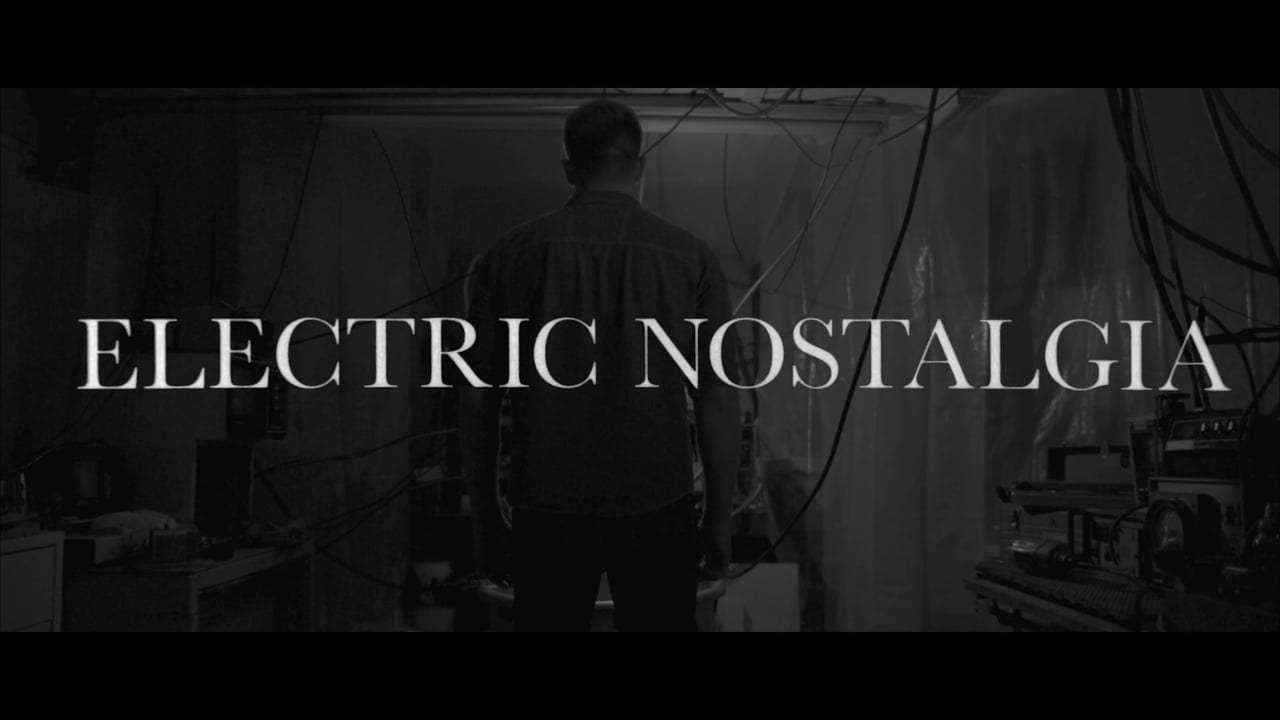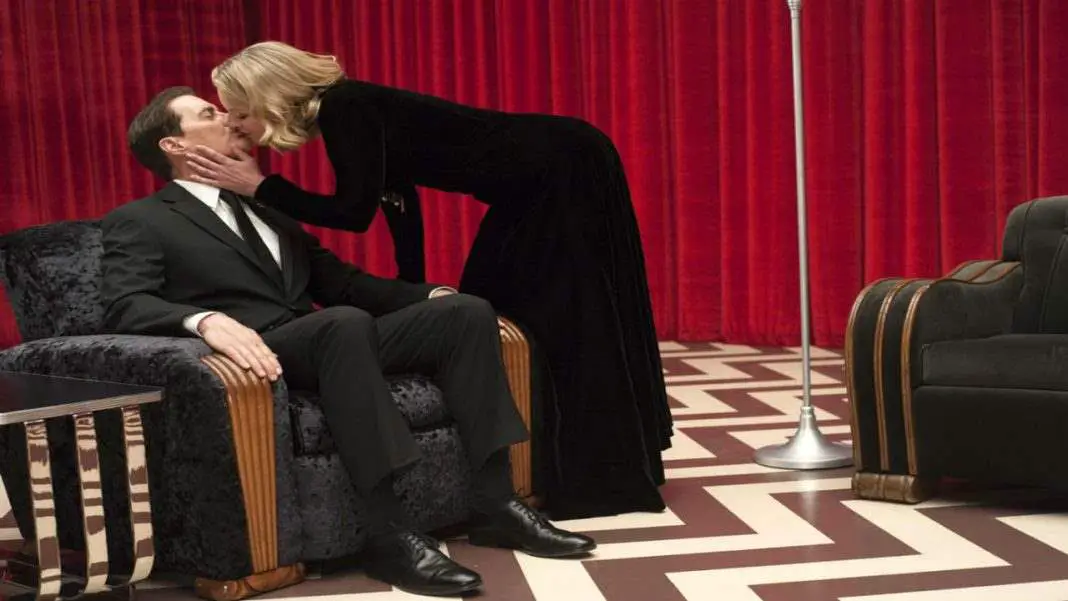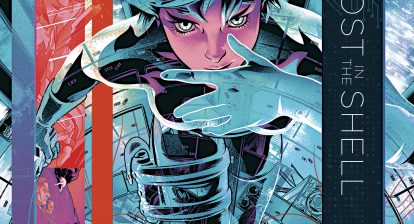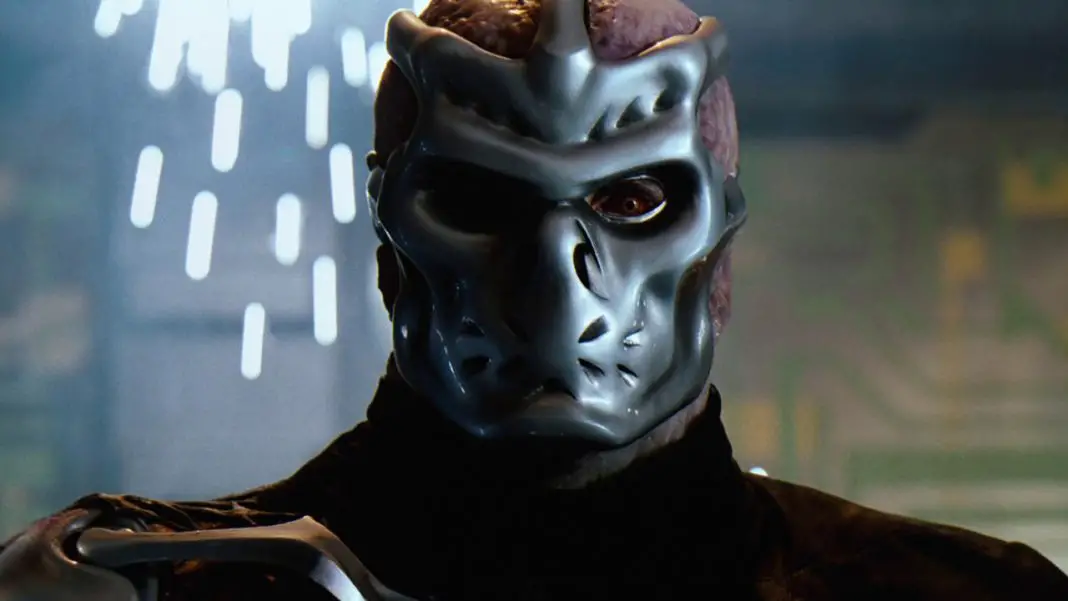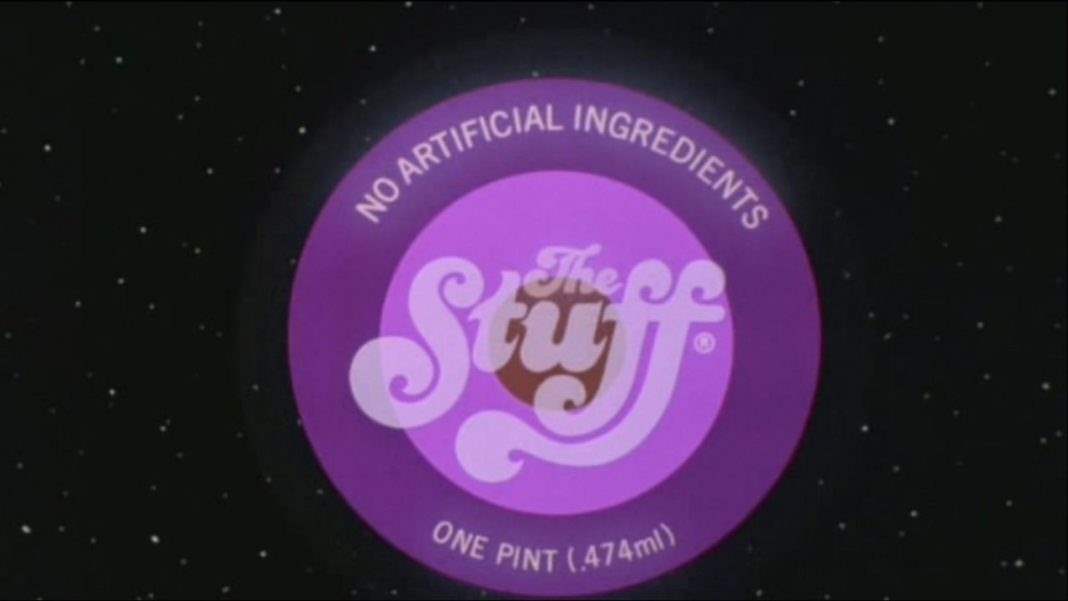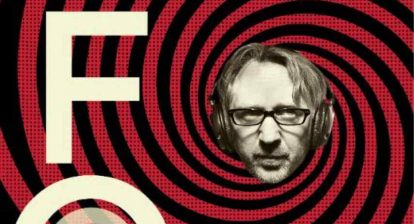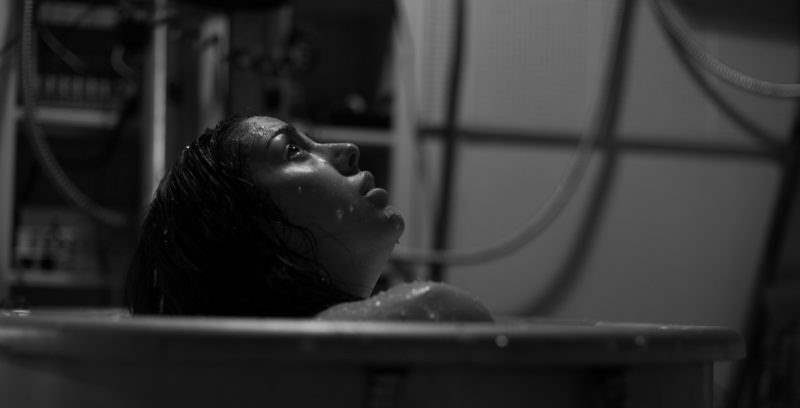
Burns opted to discuss some of Electric Nostalgia’s more overt facets a few days prior to its world premiere at the 2016 Dead Center Film Festival, including the film’s unique aesthetic, his classic and contemporary influences, and a few of the sources of terror the piece readily cites.
Electric Nostalgia abruptly garners attention with its lack of color, a quality Burns found to work on several levels: “I wanted to create some distance between the movie and reality,” Burns began. “There’s a lot of weird things that happen in the film, and I felt making it in black and white would help ensure that distance. It definitely lets people know that in this world, things are done a bit differently.”
This style also allowed for a slightly more painless editing process, as the color of lighting became significantly less impactful. However, this faculty lends itself to the harkening quality of the film, paralleling The Twilight Zone and the work of John Frankenheimer.
In regard the latter filmmaker, Burns found Seconds to be one of the most important preexisting works he considered despite discovering the classic deep into his writing process. Receiving the 2013 edition of the film’s Criterion release, Burns found the intertextuality of his and Frankenheimer’s piece to be undeniable.
“I was just blown away,” Burns remarked. “There’s a few similarities, like the body-switching element, but I was even more drawn to its focus on characters and drama, similar to the Twilight Zone. I think a lot of recent horror movies are following a similar path.”
Burns noted Electric Nostalgia can sometimes convey a fall sense of security in the way the film’s universe unfolds. The director likened this feat to the narrative of Shane Carruth’s Primer, a film from 2003 that has since set the precedent for low-budget science-fiction: “You’re being given information but you’re not being given information,” Burns explained. “It’s definitely a bit more accessible [than Primer]. A lot of the tension come from that edge-of-your-seat feeling of anticipation as you wait for the next bit of information to come. We kind of dull out the pieces gradually but, like a puzzle, they just keep dividing.”
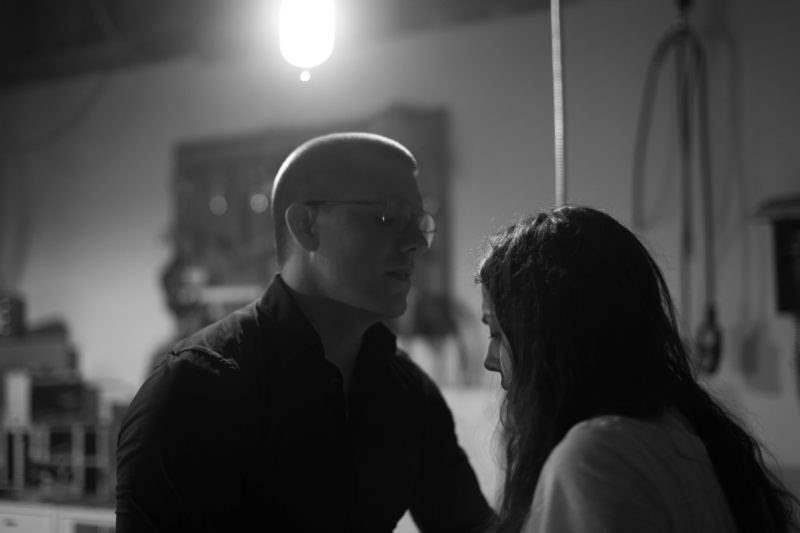 One unique distinction comes with the periodic “glitching” and screen-tearing highlighted especially in the film’s second official trailer. This starkly contrasts the black and white aesthetic, merging the old and familiar with the advanced and unstable. Burns elaborated, suggesting this “was kind of a way to show images and ideas in different ways,” also noting that it examines how something almost mechanical would fathom its memories.
One unique distinction comes with the periodic “glitching” and screen-tearing highlighted especially in the film’s second official trailer. This starkly contrasts the black and white aesthetic, merging the old and familiar with the advanced and unstable. Burns elaborated, suggesting this “was kind of a way to show images and ideas in different ways,” also noting that it examines how something almost mechanical would fathom its memories.
The aforementioned effect lends itself to the film’s iconic specter, a jacket-clad man with a visage misshapen by pixels and digital vapor. A daunting presence, the film follows the protagonist nearly everywhere, conjuring a nightmare that refuses to cease. Despite the pseudo-ineffable figure, Burns insists the character can serve as a catalyst for one of the piece’s central themes: “There’s a heavy emphasis on regret and past mistakes, things everyone deals with. So, if you were to make these mistakes and wake up in a new body, how would you use that knowledge you still have? If you were dating somebody, would you find that person again and essentially use the insight you have to manipulate them?” Burns stated, echoing his desire to explore the consequences of such a situation in his work.
A successful crowd-funding campaign allowed Burns and his studio, Planet Thunder Productions, to cultivate a steady base of fans excited for their work. Burns, in tandem with his brother Zachary, sought to maintain the energy their film garnered, and felt a premiere at his state’s largest film festival would lend itself to the culmination of his staff’s efforts. “We wanted the movie to be played in a place where we already had a lot of people on our side; the community itself, a lot of businesses, and others really helped get the movie made,” Burns said.
Looking ahead, Burns feels this foray into feature-length work will be far from his last, and part of the genre he endeavored upon may surmount to a large part of his future outings: “I’ve made a ton of short films across all genres,” Burns reflected. “As far as features are concerned, I tend to gravitate more towards sci-fi, not always in the direction of horror but definitely sci-fi. I’ve always been attracted to the exploration you’re normally given with the genre.”
Outside of filmmaking, Jacob Burns, along with his brother Zachary, produce the web program Talkies, a series of conversation with many of Oklahoma’s most creative and prevalent figures. Electric Nostalgia debuted June 9, 2016 at the deadCenter Film Festival. While there, Electric Nostalgia won the award for Best Oklahoman Feature. To learn more about the piece, please visit the film’s official website.
